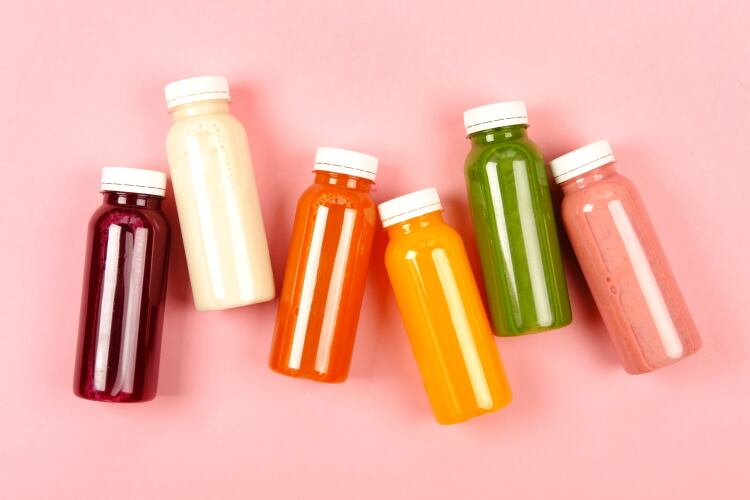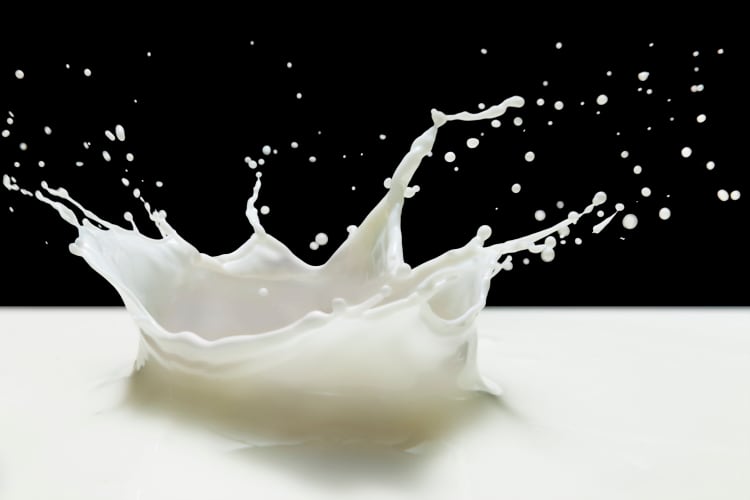The Chicago-based multi-national identified eight key consumer trends across human, animal and pet nutrition. These include expanded protein choices, balanced wellness, proactive personalization, trust and traceability, social impact, earth-friendly production and experiential eating.
The company has found that almost half (49%) of global consumers claim to have adjusted their diet to lead a more sustainable lifestyle and that around a third (30%) have chosen to boycott a brand or product due to its ethical credentials. Farmer and worker rights are also of growing priority, with 40% stating that they seek out brands that treat farmers and growers ethically.
Flexitarian diets feed alt protein demand
The portion of flexitarian diets now stands at 52% according to the company, with consumers who incorporate both animal- and plant-based diets or other alternative proteins forming a majority. “Alternative protein sources continue to be a vast and fast-growing space due to the need to feed a growing population, as well as heightened consumer demand for solutions that support their desires to diversify their diet,” explained Brand Schwan, vice-president of marketing for ADM.
Technology, such as precision fermentation, is also playing a bigger part in the alt protein scene. “Technology is an essential piece of the puzzle, with capabilities like precision fermentation enabling new ways to bring alternative options to consumers. To support this, we’re bringing our industry-leading fermentation expertise and capabilities into our partnerships with food-tech companies, such as our first-of-its-kind joint venture with Temasek’s Asia Sustainable Foods Platform, ScaleUp Bio. Plus, we recently announced our investment in and partnership with New Culture, which uses precision fermentation to make an animal-free casein protein, which is revolutionary for alternative cheese options.”
Schwan said that while some hesitation remains from consumers, there are indication that the more tech-savy generation would embrace this type of food production. “While consumer acceptance of alternative solutions beyond plant proteins is still building, we foresee digital-natives Gen Z and Gen Alpha leading the way in the growing acceptance of novel methods and technologies. Additionally, the dairy industry is ripe for more innovation in the coming year, through leveraging both new technologies – like New Culture’s advancements for alternative cheese – and emerging plant protein sources, such as chickpea and mycoprotein. As consumers grow more accustomed to seeing novel proteins from unexpected places, the alternative dairy arena will flourish with new possibilities.”

Functional dairy ‘ripe for expansion’
The health and wellness market has presented lucrative opportunities for dairy for years, with simple ingredients viewed positively by consumers who look for closer-to-nature, whole-food health solutions; there are also improved commercial opportunities for blended dairy beverage manufacturers. “Blended dairy beverages are particularly ripe for innovation with added plant-based ingredients,” he explained. “Plus, the gut microbiome is a key growth area for functional, tailored offerings, as more consumers are making the link between their gut, digestive health and overall well-being. Our research shows that 58% of global consumers perceive a connection between the function of bacteria in the gut to wider aspects of well-being."
“By leveraging microbiome-supporting solutions that can withstand harsh processing conditions like pasteurization that commonly occur in dairy formulations, manufacturers are able to further tap into health and wellness trends.” - Brad Schwan, ADM
Functional dairy is also ‘ripe for expansion’ according to Schwan, with market data suggesting that 53% of the global populations is classified as active nutrition consumers - and that segment is growing. “We’re seeing increased potential for dairy consumption – both traditional and alternative – including as pre- and post-workout options, as well as afternoon energy solutions,” Schwan said. “On top of that, dairy beverages can offer specific functional attributes, such as hydration, digestive and immune function support and more.”
He adds that dairy offerings that incorporate additional functionality – through microbial strains and wholesome ingredients – can also meet consumer demand for so-called proactive personalization. i. e. tailored approach to nutrition.
‘Green’ claims must be substantiated
ADM highlighted that 42% of global consumers have become more trusting of environmental claims made by products and brands in the last two years, according to FMCG Gurus data. This means companies need to do more to offer transparency about the regions and communities that grow the food that is being sold.
“Underscored throughout consumers purchasing behaviors is consumers’ drive towards conscientious consumption,” Schwan added. “They want to know where and how their products are being made, as well as ensure the reduction of their own environmental impact through the brands they purchase. Fostering trust is crucial, and brands that focus on transparency and traceability will achieve just that.”
He continued: “Consumers are also using their purchasing power to demand humane treatment for both the people and the animals involved throughout the production of their foods and beverages. The same goes for dairy products, and manufacturers that can highlight steps to reduce their environmental impact, as well as demonstrate how they’re making positive change for social responsibility, will go a long way with consumers.”
Using QR codes or blockchain to allow traceability of products and ingredients could be a way to address this, the company said.

Exotic flavors in demand
Schwan also pointed out a rising trend for unusual or exotic flavors that could be the target for yogurt manufacturers aiming to formulate a stand-out product. “Out of the 74% of global consumers who say they like food and drink products with new and unusual or exotic flavors, 70% say they would like to see yogurt incorporate these new flavors,” he explained. “Zingy combinations of finger lime with mint or blood orange with basil for yogurts, smoothies and frozen treats can help dairy manufacturers satisfy consumers’ trending desire for experiential eating occasions.”



